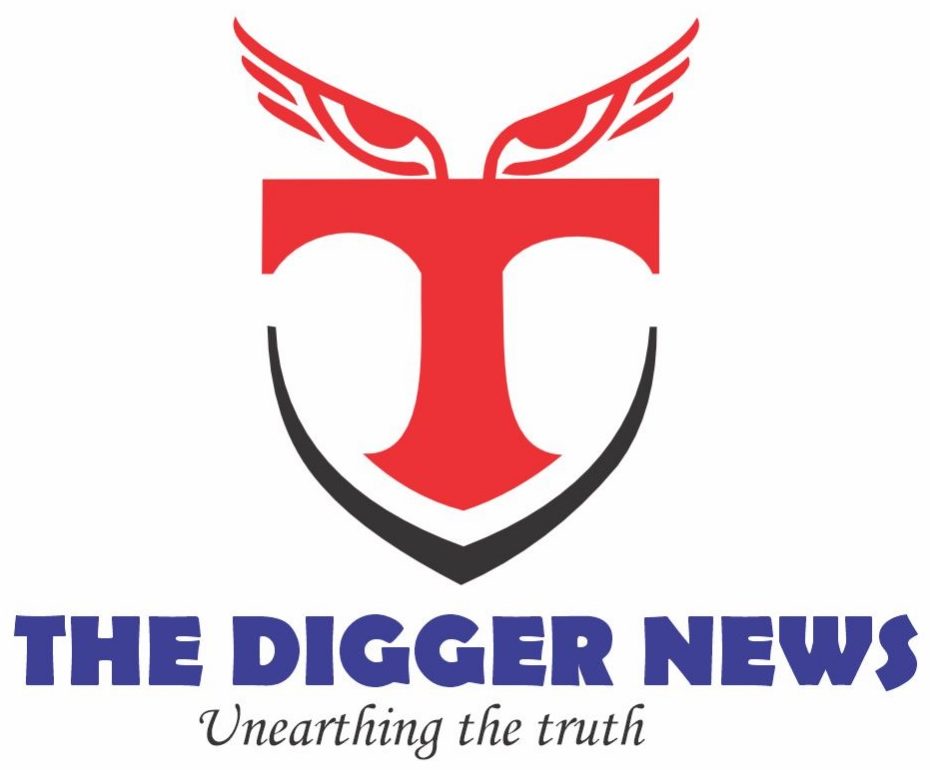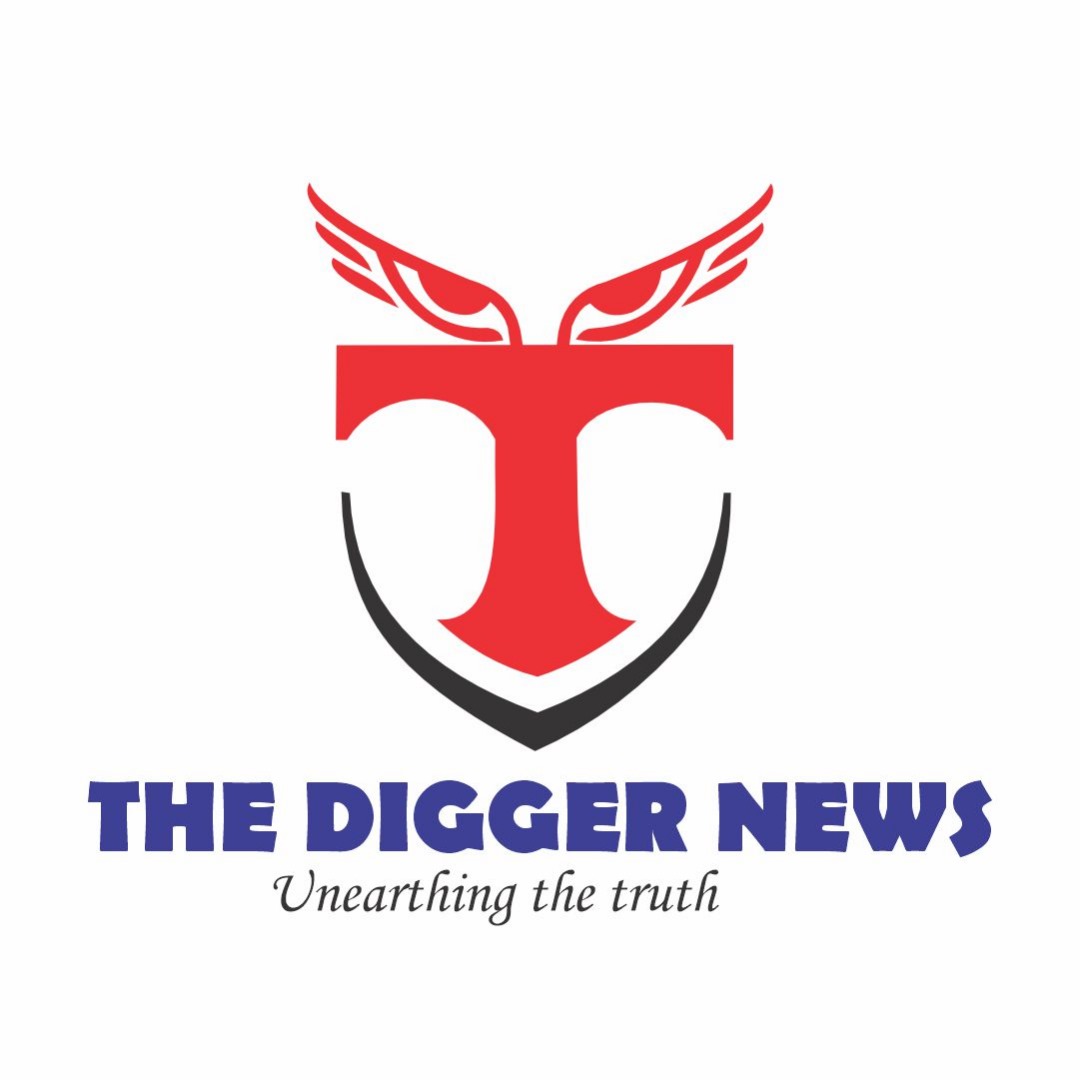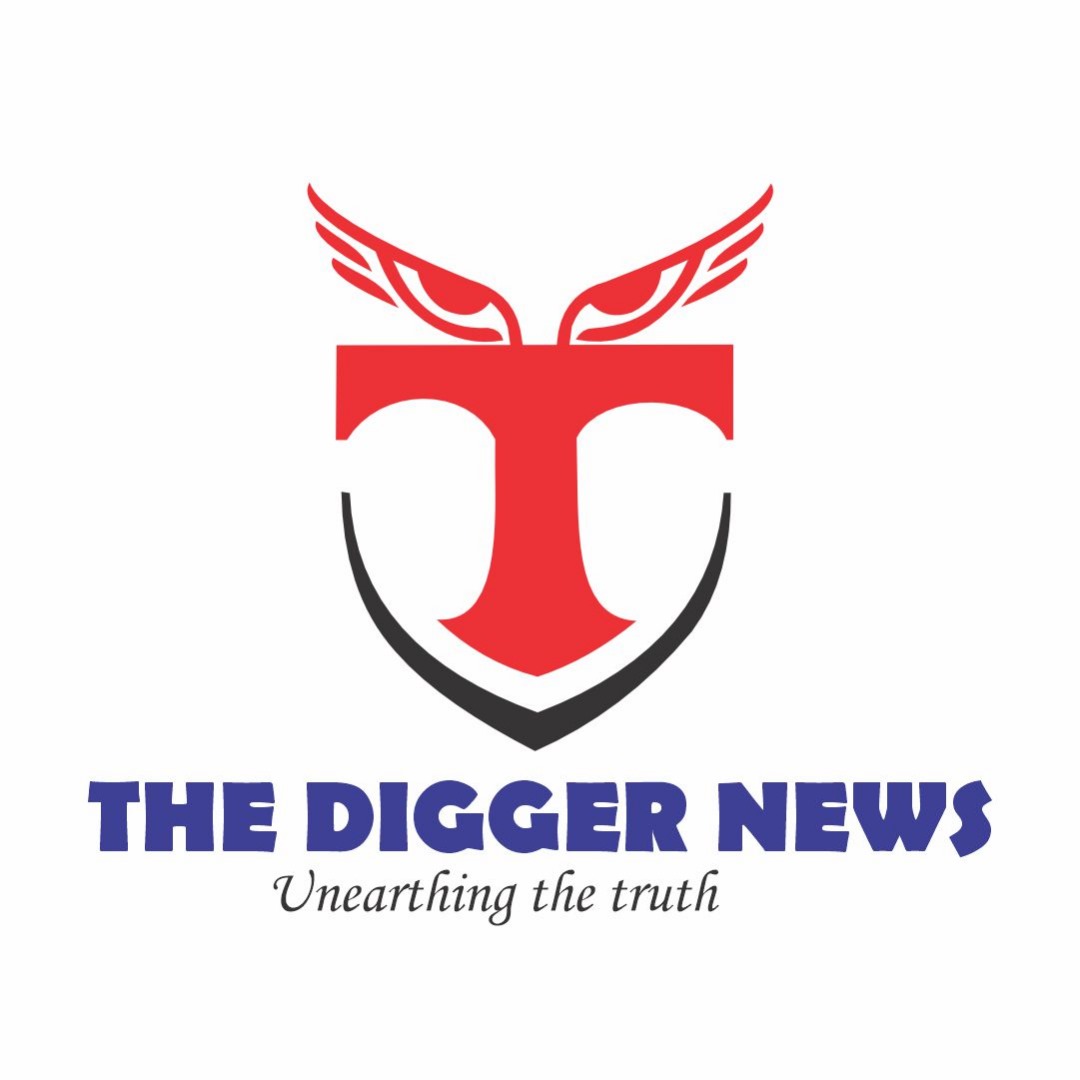Table of Contents
Immunotherapy blockbuster reshapes cancer care worldwide, driving $146bn in sales while sparking debates over cost, access, and biosimilar competition.
Merck’s Keytruda (pembrolizumab) has become the world’s best‑selling cancer drug, TheDiggerNews can authoritatively report.
An immunotherapy breakthrough, Keytruda has generated more than $146 billion (₦212 trillion) in sales over the past decade and is projected to reach $31 billion (₦45 trillion) in 2025, far ahead of all other cancer drugs—Ozempic, used for type 2 diabetes, trails in second place, according to Statista data.
A Nobel Prize–Winning Mechanism
Unlike chemotherapy or radiation, Keytruda does not directly attack tumours. Instead, it belongs to a class of immunotherapy drugs that “unlock” the body’s immune system.
Scientists James P. Allison and Tasuku Honjo, awarded the 2018 Nobel Prize in Physiology or Medicine, discovered how cancer cells evade detection by sending false signals to T‑cells. Keytruda blocks this interaction, “releasing the brakes” so T‑cells can destroy malignant cells more effectively.
Wide Therapeutic Reach
The drug has won approvals from the U.S. Food and Drug Administration and other global regulators for over 40 treatment indications.
Its range spans common cancers such as non‑small cell lung cancer and melanoma, as well as difficult‑to‑treat forms like triple‑negative breast cancer.
Keytruda’s ability to extend survival and delay disease progression has made it a first‑line choice worldwide.
Former U.S. President Jimmy Carter became a symbol of his potential after going into complete remission from advanced melanoma in 2015 at age 91.
Challenges and Costs
Despite its success, Keytruda poses challenges. Supercharging the immune system can trigger serious side effects, with 15–30% of patients experiencing moderate to severe inflammation in organs such as the lungs, liver, or intestines.
Cost is another barrier. In the U.S., a dose costs over $12,000 per three‑week cycle.
In Vietnam, where the drug was approved in 2017, a vial costs VND55–65 million ($2,087–2,466), with complete regimens running into hundreds of millions of dong.
As it is not covered by national health insurance, patients bear the entire burden.
To ease this, a Keytruda support programme (2024–26) is being rolled out across nearly 50 hospitals in Vietnam, though it follows a co‑payment model.
The Future: Biosimilars
Competition is emerging from biosimilars — lower‑cost versions produced after patents expire. Merck has recently launched Keytruda Qlex, which the U.S. FDA recently approved.
Russia’s Pembroria, priced at VND18 million per vial, has been approved in several markets, including Vietnam, though it is not yet covered by insurance.
Experts say biosimilars could democratise access to advanced immunotherapy, especially in low‑ and middle‑income countries, by driving down prices and expanding availability.




